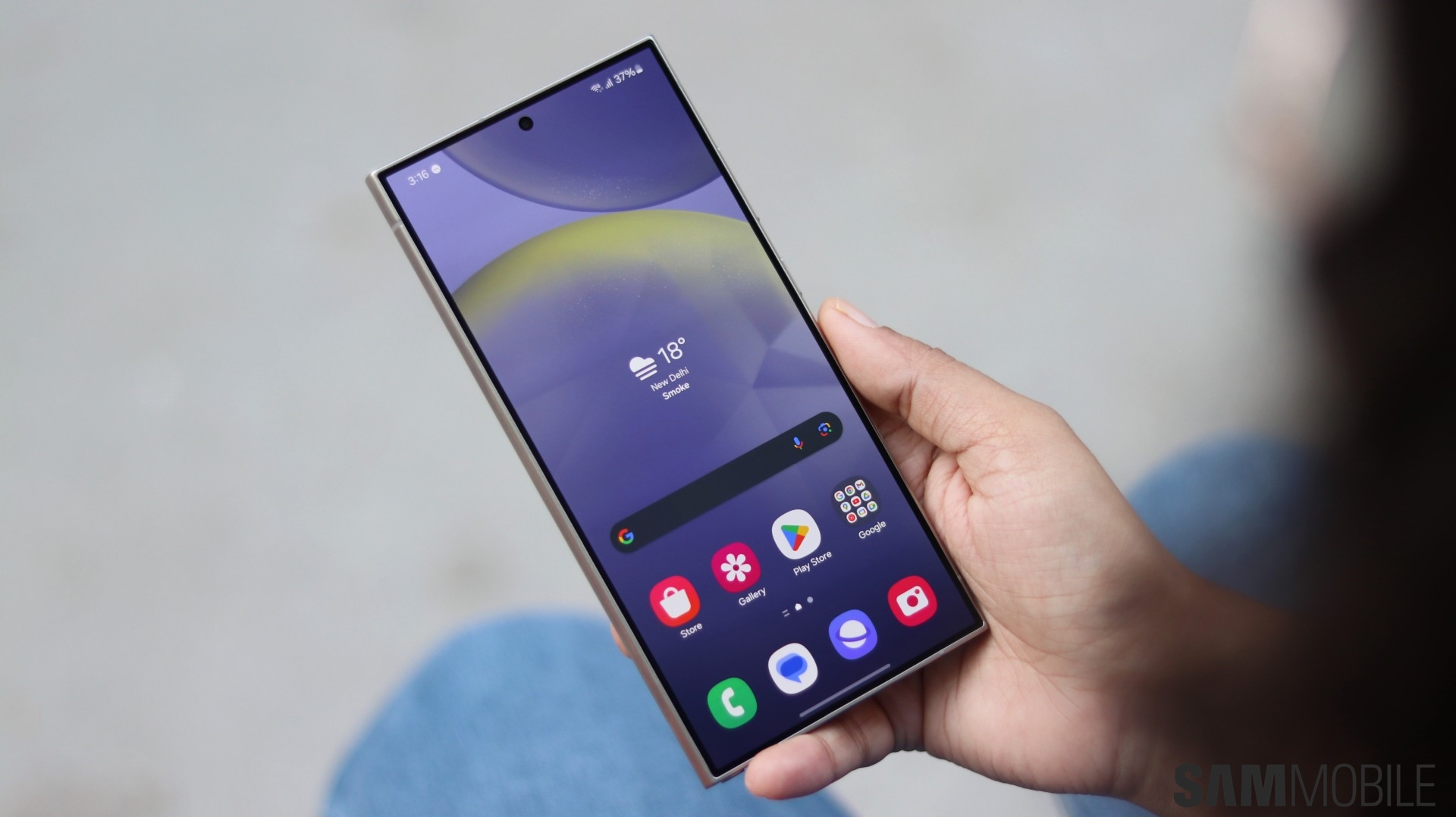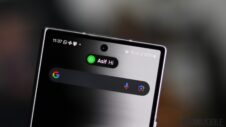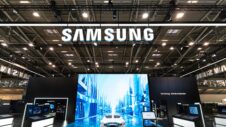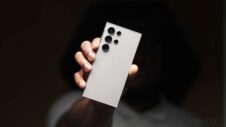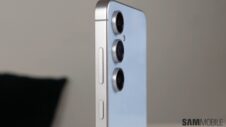Samsung's Unpacked event is two weeks away now. The company will take to the stage in Paris on July 10th, 2024, to unveil a handful of new devices, including foldable phones, wireless earbuds, and smartwatches. As you'd have expected by now, renders of all upcoming Samsung devices have been thoroughly leaked online.
What's taken a lot of people by surprise this year is the design refresh for the new Galaxy Buds models. They have elongated stems, much like Apple's AirPods, which will ultimately lead to comparisons with those earbuds. People will certainly jest that this is Samsung copying Apple yet again. But the fact remains that Apple doesn't exclusively own the stem design.
Any company can make a similar product, just like any company can make a smartphone that's a rectangle. Be that as it may, even some of the Korean giant's most loyal fans will come away from this feeling that Samsung no doubt took inspiration from Apple.
User experience stability is taking precedence over revolutionary upgrades
That begs the question, though: is it a bad thing? Not really. It's common to see such similarities between devices from different companies these days. This is apparent in software as well.
Many of the features that Apple recently introduced for its iOS have long been available on Android and Samsung's custom UI. What's also noteworthy is that the leaked design of this year's new iPhone even looks similar in its silhouette to the Galaxy S24, only with fewer camera sensors on the back.
This is simply the result of a wider convergence in the tech industry. Companies are moving closer to each other in terms of design language and software experience. They're less keen on taking risky bets on new form factors or software experiences. If there's something you can do on iOS, chances are you can do it on Android or One UI as well, and vice versa.
This means that the tech landscape naturally ends up feeling a lot more boring to the tech enthusiasts when you have two giants like Samsung and Apple no longer pushing the envelope on their rivalry.
A slower pace of upgrades is boring, but that's not a bad thing
But let's face it: it might be boring, but it has brought more stability to the end user experience. There's no “move fast and break things” mentality behind their products and services, so the focus is more on refinement and a slower pace of upgrades.
Samsung does continue to have an advantage in one segment where Apple is yet to venture. That's the foldable smartphone segment. Apple hasn't made one yet and Samsung's about to launch the Galaxy Z Fold 6 and Galaxy Z Flip 6.
However, the foldable market isn't growing perhaps as fast as Samsung envisaged. That raises the question about the broader acceptability of new form factors. It needs to grow by several multiples for foldable phones to account for a decent chunk of Samsung's total phone sales for the year.
Apple's similarly struggling with selling its Vision Pro extended reality headset. It's too expensive, the use cases are too limited, and the novelty is wearing off far too quickly. Apple is now potentially at a point where it's taking inspiration from Samsung's discontinued Gear VR headsets to get people to buy more headsets.
AI is now the differentiating factor
What I feel is that there now prevails an unintended truce between Apple and Samsung. We're in calmer waters now and with this convergence in experiences it should, in theory, become easier to switch between the two brands. Consumers will ultimately come to realize that sacrificing revolutionary upgrades at the altar of stability is a sacrifice worth making.
Hardware design has somewhat peaked for phones and wearables. One can say the same for software experiences as well. AI now seems to be the primary differentiating factor. Samsung fired the first salvo with Galaxy AI earlier this year and the fruit company has now responded with Apple Intelligence.
Whether any of these efforts will lead us to the next big thing, only time will tell.
